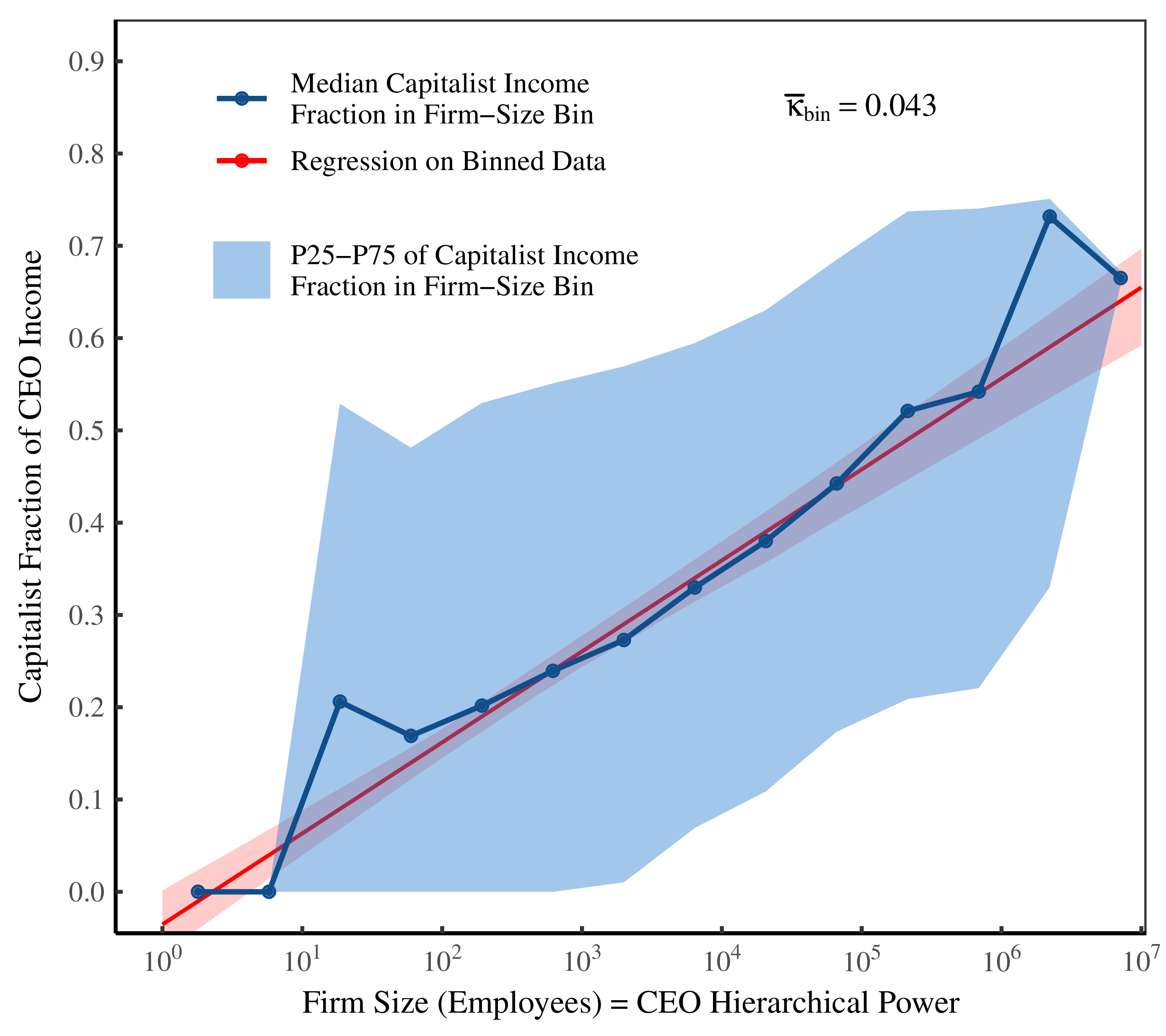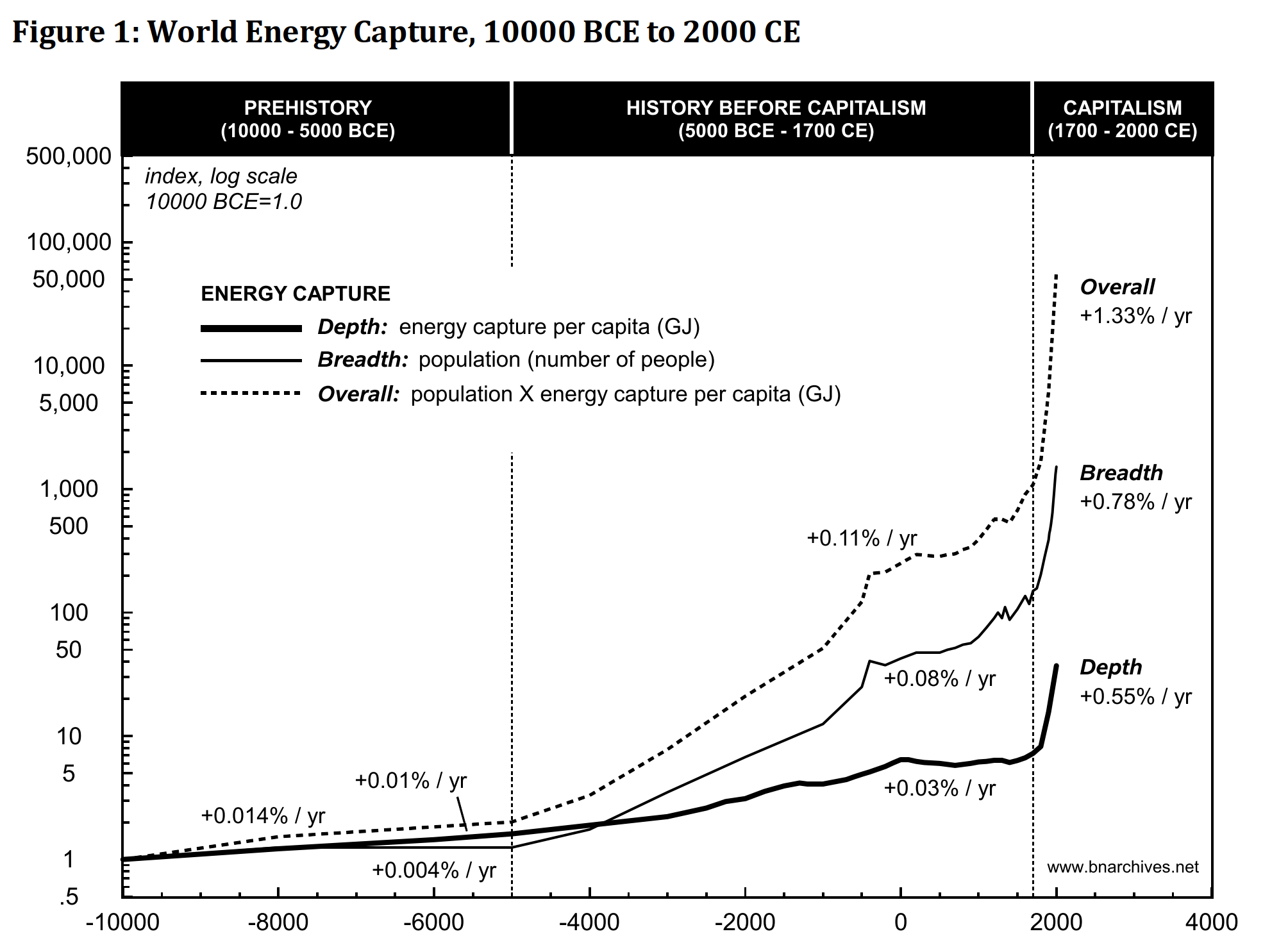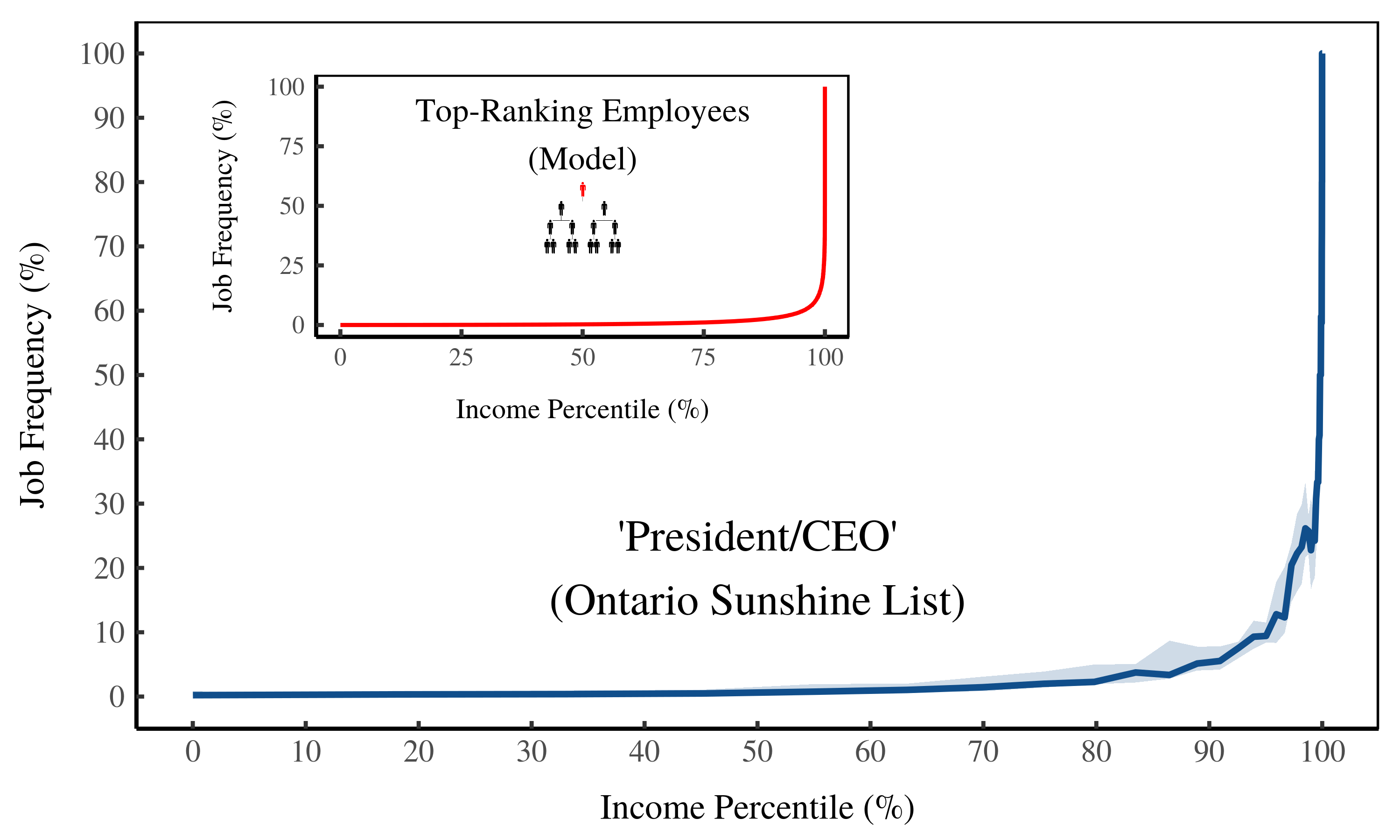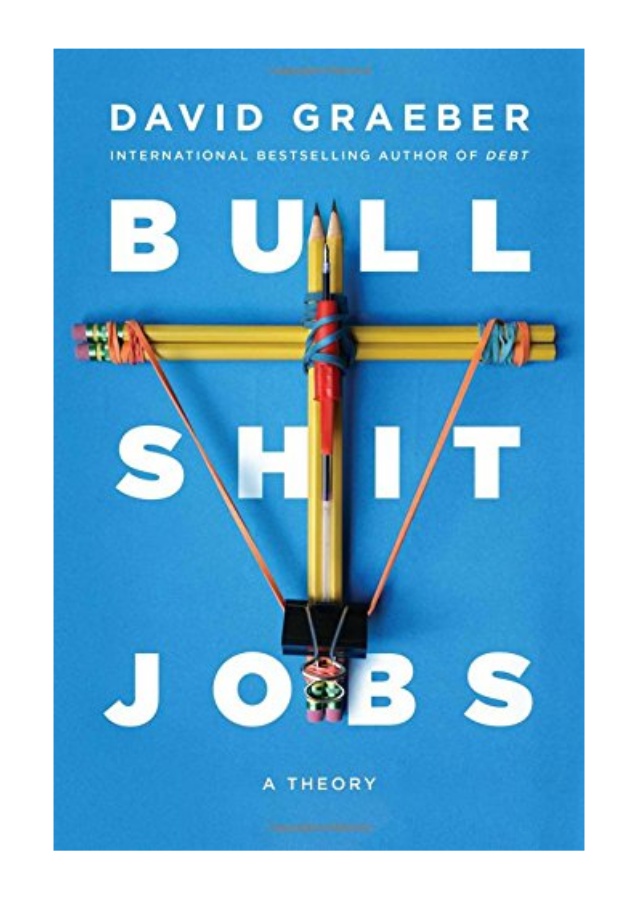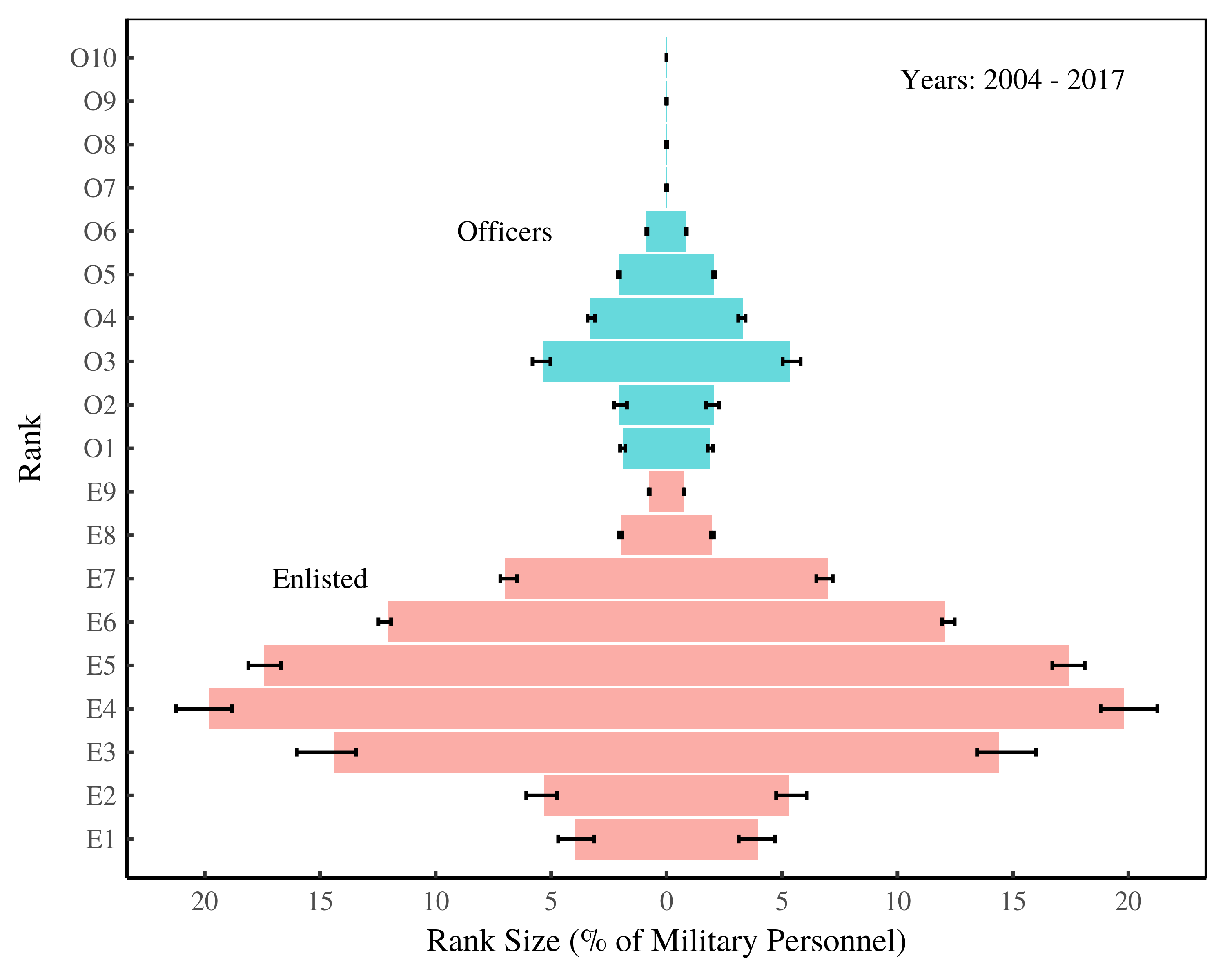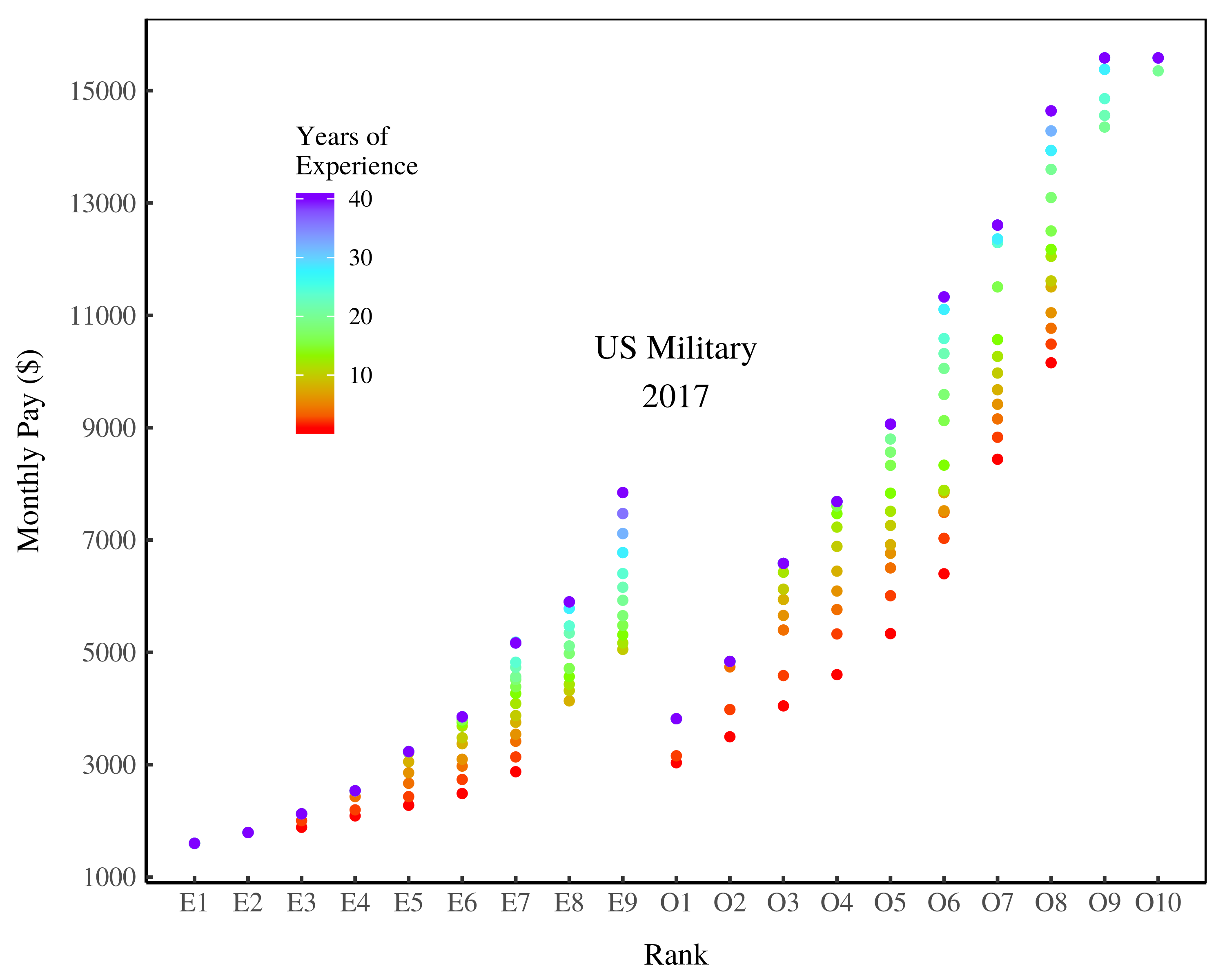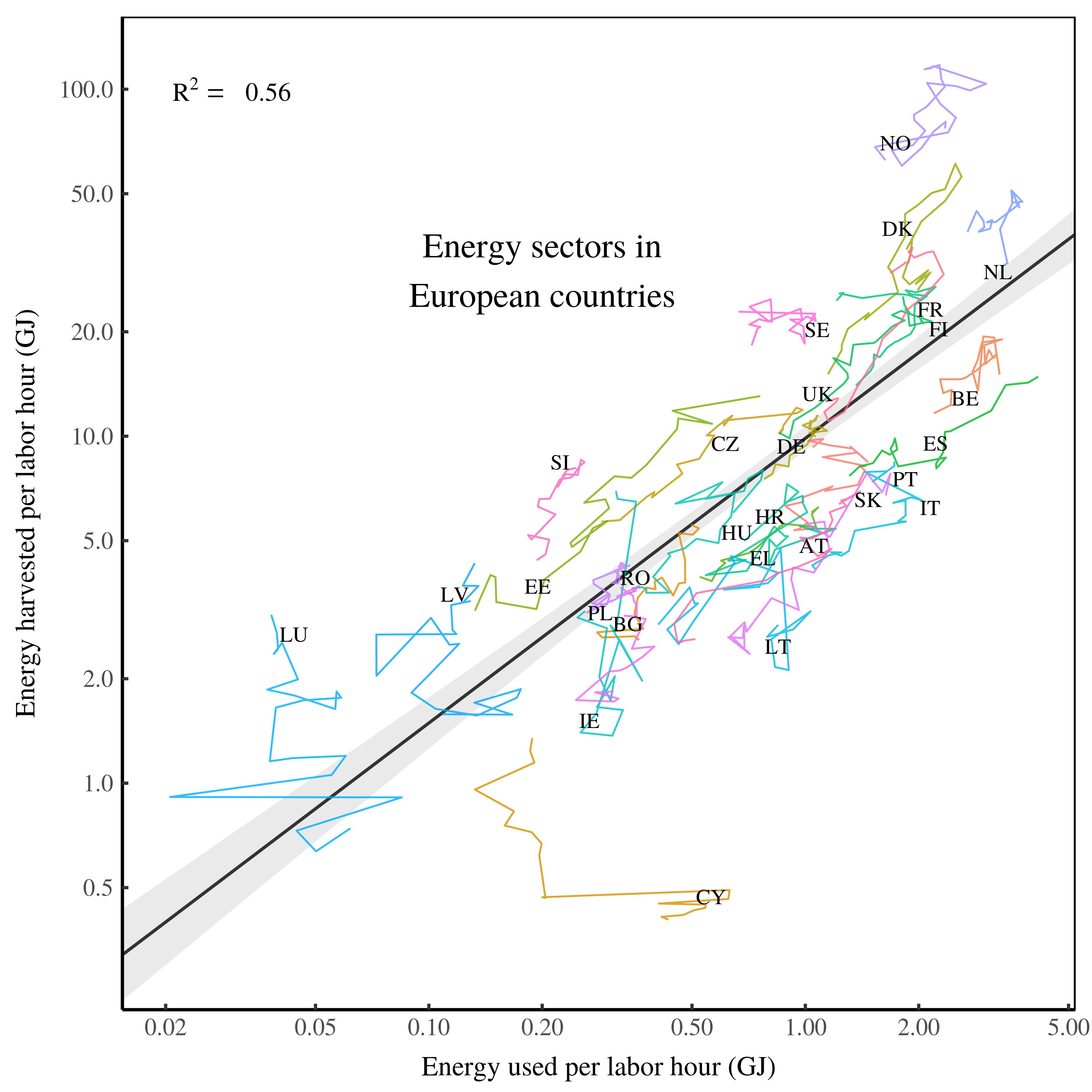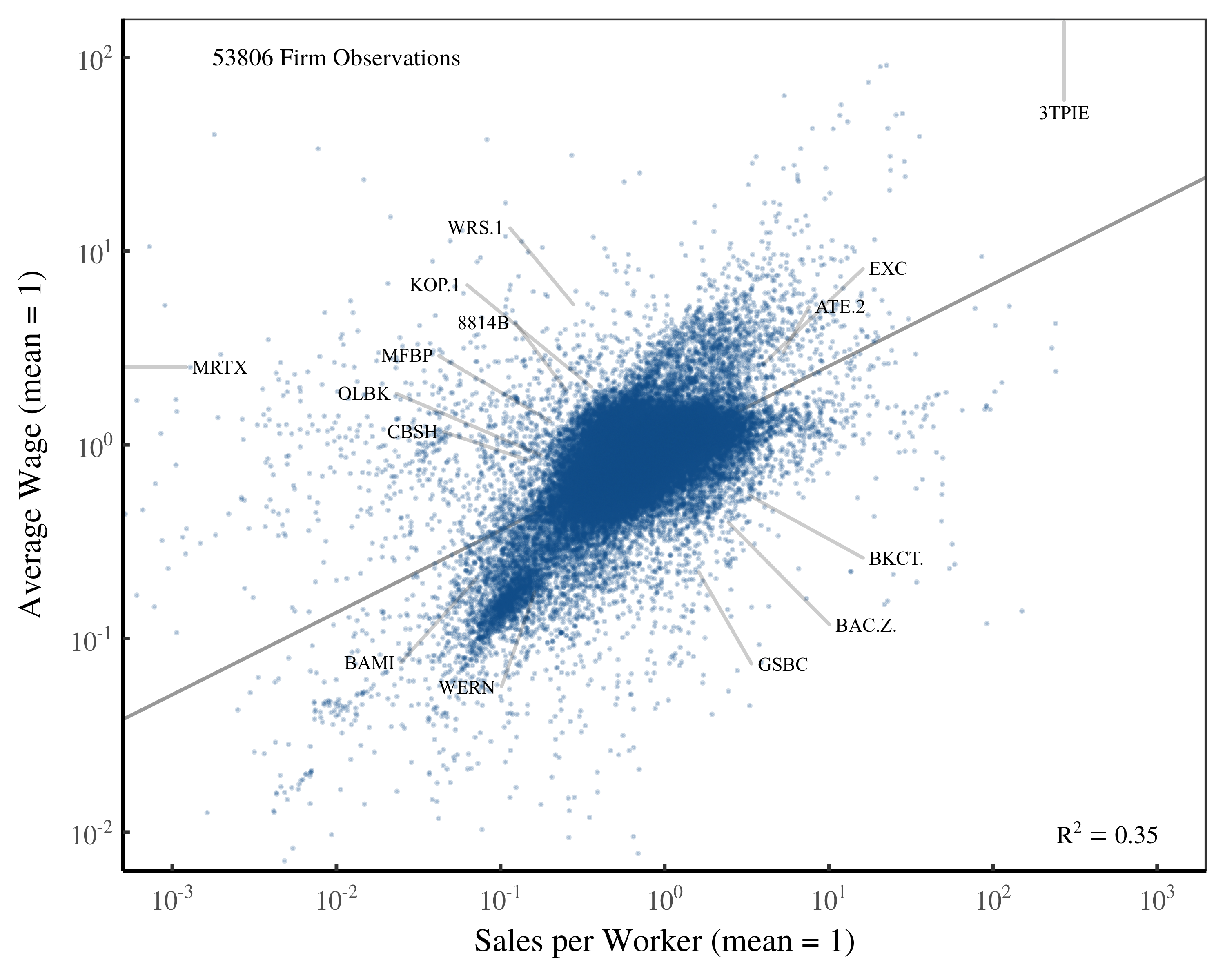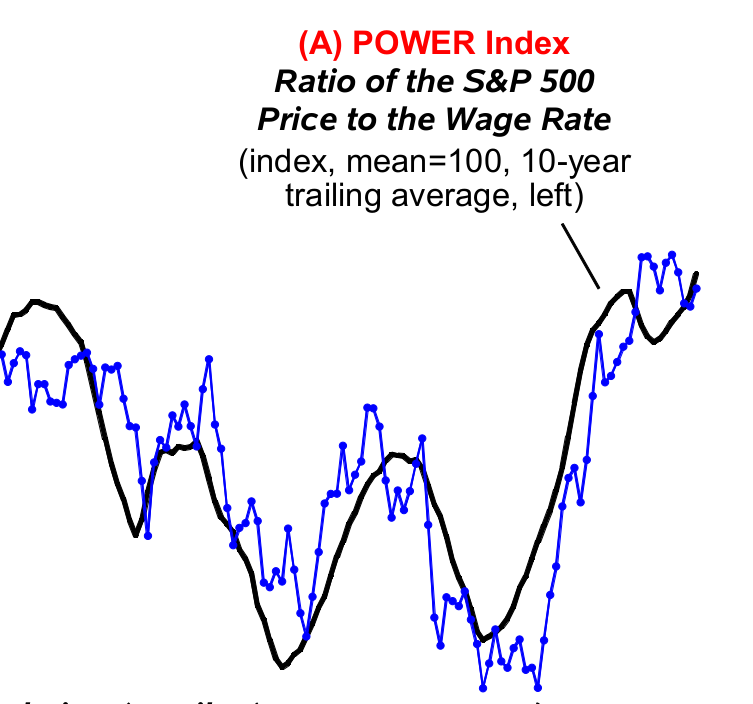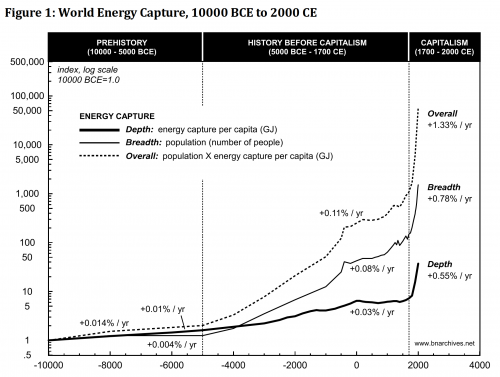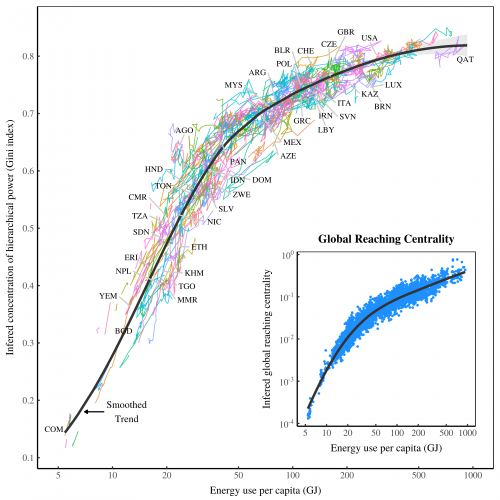Abstract This paper investigates a new approach to understanding personal and functional income distribution. I propose that hierarchical power — the command of subordinates in a hierarchy — is what distinguishes the rich from the poor and capitalists from workers. Specifically, I hypothesize that individual income increases with hierarchical power, as does the share of […]
Continue ReadingDifferential Taxation: The Case of American Banking
Mladen Ostojić Abstract This paper maps an empirical history of corporate profit and taxation in the United States, with a special focus on the differential profit and taxation of banks relative to other corporations. An examination of these trends reveals a striking anomaly within the American banking sector: from the early 1980s until the financial […]
Continue ReadingBichler and Nitzan, ‘Growing Through Sabotage’
Growing Through Sabotage Energizing Hierarchical Power SHIMSHON BICHLER and JONATHAN NITZAN June 2020 Abstract According to the theory of capital as power, capitalism, like any other mode of power, is born through sabotage and lives in chains — and yet everywhere we look we see it grow and expand. What explains this apparent puzzle of […]
Continue ReadingUnderstanding Income: You Can’t Get There from Here
Originally published on Economics from the Top Down Blair Fix You can’t get the right answer when you ask the wrong question. This truism, I’ve come to believe, explains much of what is wrong with economics. When it comes to studying income, economists ask the wrong question. Economists, I argue, have mostly asked: is income […]
Continue ReadingKvachev, ‘Unflat Ontology: Essay on the Poverty of Democratic Materialism’
Abstract The paper is dedicated to the problem of flat ontology in philosophy and its relation to the practice in economy. The author argues that flat economy is based on a marginal utility theory of value and presents hierarchical value chains with concentration of power-capital as if they were flat and all the actors involved […]
Continue ReadingSome Sunshine on the Ontario Job Hierarchy
Originally published on Economics from the Top Down Blair Fix Income, I’ve come to believe, is shaped largely by rank within a hierarchy. If you’re at the top of a hierarchy, you’ll earn a handsome sum. But if you’re at the bottom of a hierarchy, you’ll earn a pittance. As a hard-nosed scientist, I’m always […]
Continue ReadingDeath Anxiety and the Political Economy of Power
Originally published at sbhager.com Sandy Hager THINKING ABOUT DEATH I’ve been thinking a lot about death recently. No, it’s not something that came about because of the global pandemic and my new daily ritual of checking graphs on COVID-19 death tolls around the world. It started a few years back when I became interested in […]
Continue ReadingThe Productivity of Bullshit Jobs
Originally published on Economics from the Top Down Blair Fix I recently read David Graeber’s book Bullshit Jobs: A Theory. If you’re not familiar, David Graeber is the anthropologist who wrote Debt: The First 5000 Years, a seminal book on the history of money and credit. In Bullshit Jobs, Graeber takes aim at pointless work. […]
Continue ReadingThe Power Ethos in the US Military
Originally published on Economics from the Top Down Blair Fix In How Hierarchy Can Mediate the Returns to Education I examined the pay structure of the US military. I found that hierarchical rank is (by far) the strongest determinant of military pay. Here I want to show you that there is a regularity to military […]
Continue ReadingHow Hierarchy Can Mediate the Returns to Education
Originally published on Economics from the Top Down Blair Fix In The Social Environment as a Cause in Economics I argued that human behavior has two parts: Individual variation An environment that acts on this variation To illustrate these two parts, I used the example of the peppered moth. This species comes in two colors […]
Continue Reading2020/05: Fix, ‘Can the World Get Along Without Natural Resources?’
Abstract Neoclassical economists fundamentally misunderstand the role of natural resources in the economy. I discuss here the source of this misunderstanding, and the ways we can better understand the role of energy to human societies. Citation Can the World Get Along Without Natural Resources? Fix, Blair. (2020). Working Papers on Capital as Power. No. 2020/05. […]
Continue ReadingThe Social Environment as a Cause in Economics
Originally published on Economics from the Top Down Blair Fix Have you noticed that economists are missing a word in their vocabulary? In microeconomics you’ll see words like ‘individual’, ‘utility’ and ‘maximize’. But you won’t see the word ‘environment’ anywhere. It seems that in microeconomics, individuals maximize their utility in a void. [1] This lobotomy […]
Continue Reading2020/04: McMahon, ‘Reconsidering Systemic Fear and the Stock Market: A Reply to Baines and Hager’
Abstract A recent New Political Economy article by Baines and Hager (2020) critiqued Shimshon Bichler and Jonathan Nitzan’s capital-as-power (CasP) model of the stock market (Bichler & Nitzan, 2016). Bichler and Nitzan’s model of the stock market seeks to explain how financial crises are tied to the (upper) limits of redistributing income through power. Bichler […]
Continue ReadingTen Tips For Doing Open Science
Originally published on Economics from the Top Down Blair Fix Science is the quintessential public good. It’s an iterative process in which new knowledge builds on previous knowledge. For this process to work, science needs to be ‘open’. Both the results and methods of scientific research need to be freely available for all. The open […]
Continue ReadingProductivity Does Not Explain Wages
Originally published on Economics from the Top Down Blair Fix Does productivity explain income? I asked this question in a previous post. My answer was a bombastic no. In this post, I’ll dig deeper into the reasons that productivity doesn’t explain income. I’ll focus on wages. The evidence Let’s start with the evidence trumpeted as […]
Continue ReadingThe Tyranny of Meritocracy
Originally published on Economics from the Top Down Blair Fix Like many Canadians, I grew up with a faith in meritocracy. Do your best, I believed, and the world would reward you. In school, this idea seemed self-evidently true. I worked hard, and was rewarded with good grades and praise from teachers. And those students […]
Continue Reading2020/03: Bichler and Nitzan, ‘Manuscripts Don’t Burn’
Abstract The French Revolution changed the world. In the new order, the masters no longer need Monsieur Fouche and the thought police. They don’t need guillotines to clip brains and scissors to censor pamphlets. They don’t need strategic-studies institutes to manage oppression and navigate conflict. Instead, they prefer to subsidize ‘cultural pluralism’ and ‘critical studies’, […]
Continue Reading2020/02: Bichler and Nitzan, ‘The Capital as Power Approach. An Invited-then-Rejected Interview with Shimshon Bichler and Jonathan Nitzan’
Abstract This interview was commissioned in October 2019 for a special issue on ‘Accumulation and Politics: Approaches and Concepts’ to be published by the Revue de la régulation. We submitted the text in March 2020, only to learn two months later that it won’t be published. The problem, we were informed, wasn’t the content, which […]
Continue ReadingBichler & Nitzan, ‘Growing through Sabotage: Energizing Hierarchical Power’
Abstract According to the theory of capital as power, capitalism, like any other mode of power, is born through sabotage and lives in chains – and yet everywhere we look we see it grow and expand. What explains this apparent puzzle of ‘growth in the midst of sabotage’? The answer, we argue, begins with the […]
Continue Reading2020/01: Fix, ‘Economic Development and the Death of the Free Market’
Abstract Free markets are, according to neoclassical economic theory, the most efficient way of organizing human activity. The claim is that individuals can benefit society by acting only in their self interest. In contrast, the evolutionary theory of multilevel selection proposes that groups must suppress the self interest of individuals. They often do so, the […]
Continue Reading
